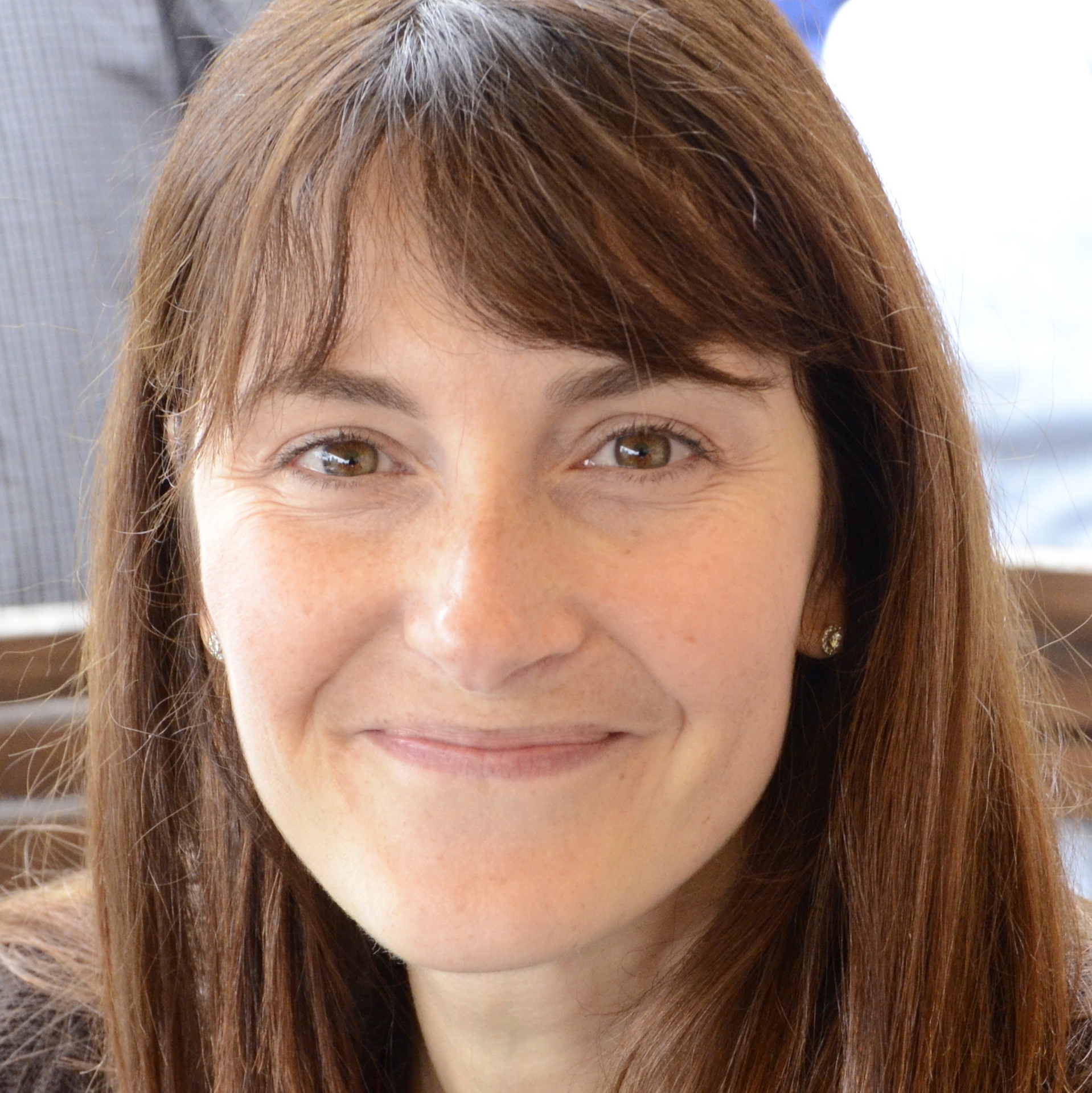An Interview with Dr. Elena Antonova
In this interview series, the participants of the first Science & Wisdom LIVE dialogue explore the theme of Destructive Emotions. This week we share the thoughts and insights of Dr. Elena Antonova, Senior Lecturer in Psychology at Brunel University London and Visiting Researcher at the Institute of Psychiatry, Psychology and Neuroscience, King’s College London.
“An emotion per se is just an experience. It is neither negative or positive. However, when we get stuck in it, it becomes destructive.”
What are destructive emotions? Can you give an example of how they affect our well-being?
I consider emotions destructive if they cloud our judgement, and cause us to lose our discernment. This leads to behaviours that hurt ourselves and others. In the context of the COVID-19 pandemic we see how fear, one of the most potent emotions, stirs up worry and paranoia. This leads to panic buying, distrust of each other, the barrage of conspiratorial theories, and many other behaviours that drive us apart and separate us even more.
If I were to think of one emotion that I found difficult to ‘get out of’, I would say it is regret. I find it is a very draining emotion to be stuck in. It is as if one’s whole being tries to turn itself into a time machine to travel to the past to undo it, to make a different decision. Through the years, I got better at dealing with it, but for me it is probably the ‘stickiest’ and most destructive emotion.
How does our perception of reality influence our emotions? Could you give an example that draws upon a contemporary problem?
Our perceptions of ‘reality’ and emotions are very closely interlinked: our perceptions can directly arouse emotions, whether positive or negative, and our emotions colour our perceptions. Take, for example, the politics of hatred and separation that are coming out of the White House with Donald Trump as the current US president. This politics provides multiple examples of the return of biases we thought we had left in the past: misogyny, chauvinism, explicit racism, etc.
“I find regret is a very draining emotion to be stuck in. It’s as if one’s whole being tries to turn itself into a time machine to travel to the past to undo it, to make a different decision.”
How could contemplative practices help us tackle destructive emotions, and develop a positive vision of reality to face challenges like the Covid-19 pandemic?
An emotion per se is just an experience. It is neither negative or positive. However, when we get stuck in it, it becomes destructive. There are many approaches in different contemplative traditions that work with emotions. In my experience, the most effective way to deal with potentially destructive emotions is learning not to fixate the experiences. Not to get stuck in them, cling or react to them. In relation to this, the practice and realisation of emptiness and impermanence of all phenomena is the most potent practice for tackling destructive emotions.
“In my experience, the most effective way to deal with potentially destructive emotions is learning not to fixate the experiences. Not to get stuck in them, cling or react to them.”
What are the most pressing issues related to destructive emotions and distorted perceptions? Which obstacles would science and contemplative traditions need to overcome in order to tackle them?
I am personally quite concerned by the rise of and fascination with AI. Particularly with the way the field of AI robotics defines awareness and is starting to play with the notion of ‘self-hood’. It is a fascinating field with many very intelligent, educated, and quite exceptional (in many respects) people working on it. But I see a lot of misguided developments in this field that might potentially pose the biggest threat to our sense of who we are, our values, our conception of what is life, and what makes it meaningful – particularly for the younger generation.
I believe that contemplative science and contemplative traditions are going to be essential in ‘correcting’ the biases inherent in the field of AI robotics.
How would you describe the following terms, in just one sentence?
Meditation/Mindfulness: A practice or a process that leads to the realisation of non-dual awareness.
Ethical learning: A happy ‘side-effect’ of realising non-dual awareness and its other side of the coin: compassion.
Emotional education: Teaching openness and receptivity towards emotions without reactivity, fixation, or attachment to them.
On the 11th of November, Dr. Elena Antonova will join Geshe Tenzin Namdak, Fr. Laurence Freeman and Dr. Wendy Hasenkamp, to discuss how scientific research and meditation techniques can help us deal with destructive emotions in these challenging times.
Please join this Science & Wisdom Live dialogue on Zoom on the 11th of November, 7pm GMT (UK Time). *Reserve your tickets here!*



